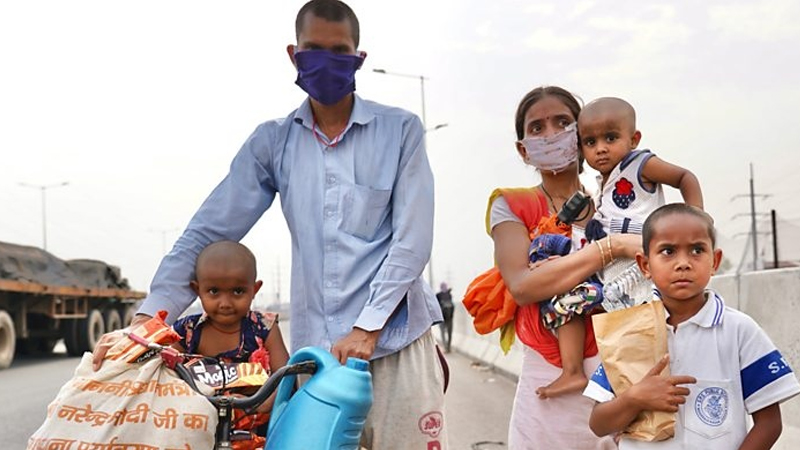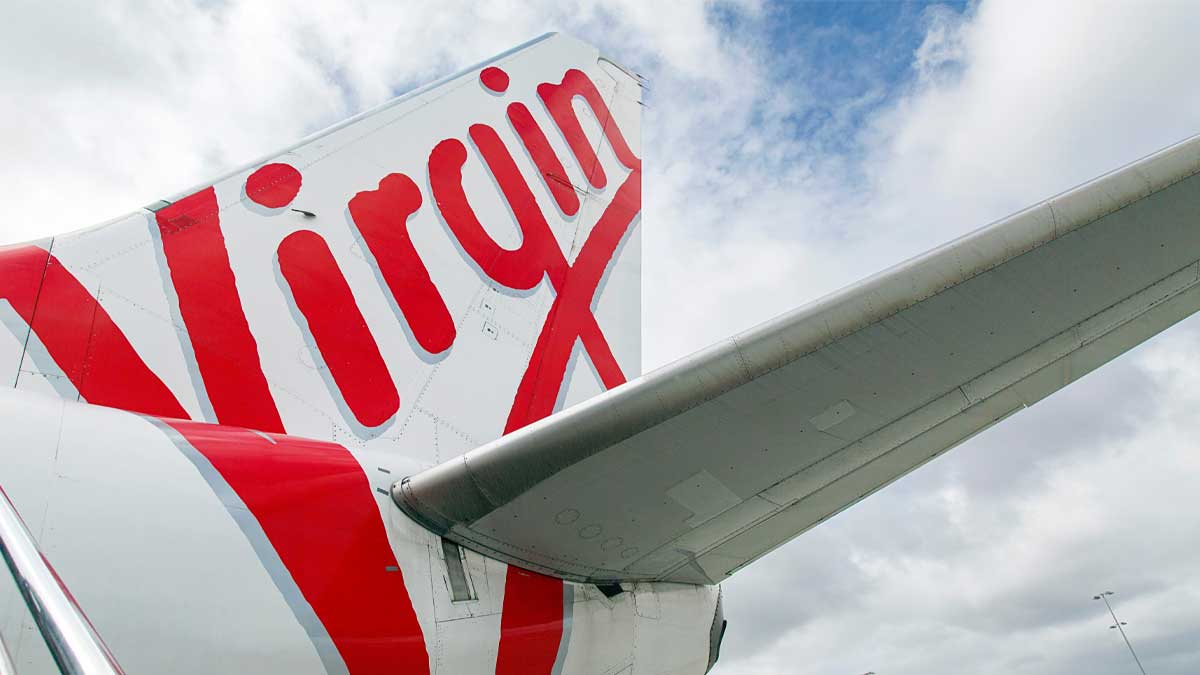
India has announced plans to further ease a strict national lockdown even as the country reported a record daily rise in new coronavirus cases.
BBC News reports from 9th June, restaurants, hotels, shopping centres and places of worship will be allowed to re-open in many areas in the first stage of a three-phase plan.
Weeks later, probably in July, schools, and colleges will resume teaching.
But areas with high numbers of COVID-19 cases will remain under tight lockdown.
The plan comes after India registered a new record single-day rise in confirmed infections, with nearly 8,000 cases reported today.
In total India has recorded some 174,500 cases and nearly 5,000 deaths.
The nation of 1.3 billion has been hit less hard by the coronavirus than many other countries.
It went into a strict lockdown more than two months ago when the confirmed caseload was in the hundreds.
Official data suggests the decision prevented the loss of between 37,000 and 78,000 lives.
However the cost to the economy has been high and pictures of millions of informal workers leaving cities for their rural villages after losing their jobs – some of them on foot - shocked the country.
Health officials say that they can further lift the lockdown in many places because most cases have been restricted to urban areas in a handful of states.
BBC News reports that more than 80% of the active cases are in five states – Maharashtra, Tamil Nadu, Delhi, Gujarat, and Madhya Pradesh – and more than 60% of the cases are in five cities, including Mumbai, Delhi, and Ahmedabad, according to official data.
As part of the three-phase plan:
• Shopping centres, places of worship, hotels, restaurants and other hospitality services will open from 8 June (guidelines will be released to ensure social distancing). • Schools and colleges may open later - possibly in July - after consultations with states. • International travel, metro services, cinemas, sporting events, and gyms will be allowed to restart in an undated third phase but this will depend on "the situation". • A night curfew will remain in place but shorten by two hours.
These measures will not apply to designated "containment zones" where the virus is believed to be transmitting at a higher rate.
Such zones are at the district or neighbourhood level.
The city of Mumbai, India's financial capital. in Maharashtra state, has one of the highest numbers of containment zones, reports suggest.
Hospitals there are struggling to cope with an influx of virus patients.
The reported infection rate – the number of infections for every 100 tests – in Maharashtra is three times the national average.
The Indian government says people will be restricted from moving between containment zones and non-containment zones but there will be no restriction on general inter-state travel.
[Source: BBC]
Stay tuned for the latest news on our radio stations


